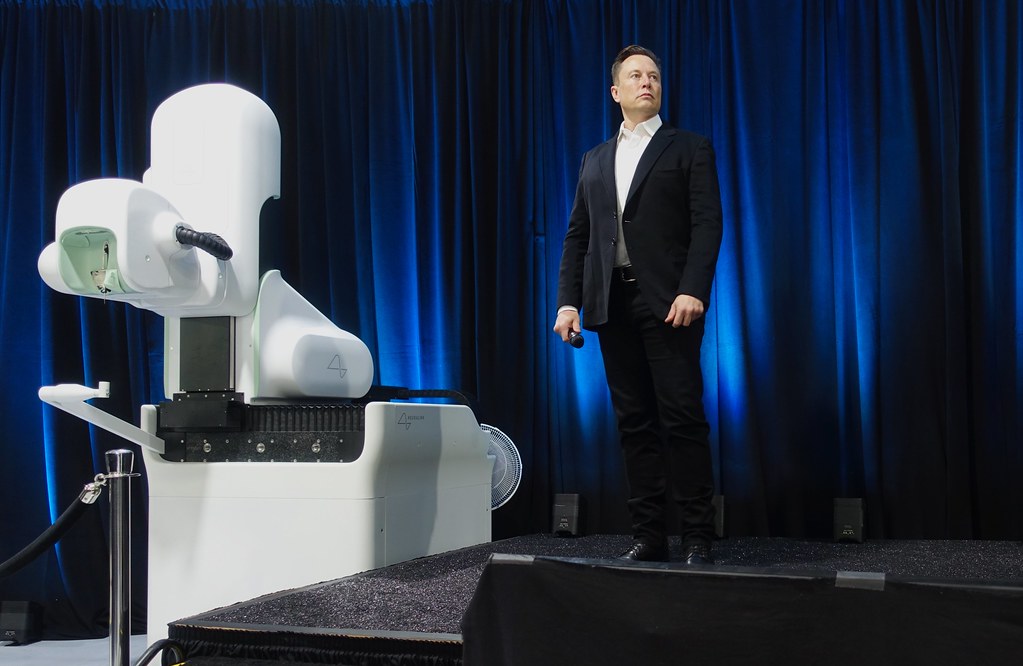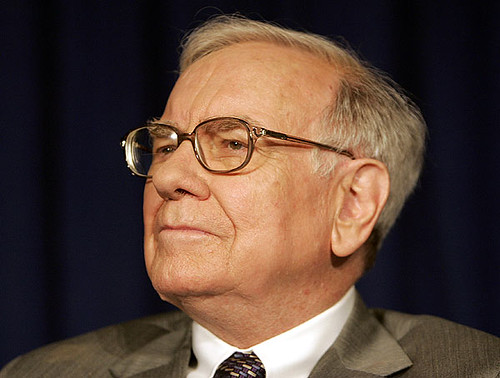In a groundbreaking development, Neuralink, the neural-technology company co-founded by visionary entrepreneur Elon Musk, has introduced the world to its first human brain-chip recipient. Noland Arbaugh, a 29-year-old quadriplegic, has become the face of a potentially revolutionary technology that could redefine the boundaries of human-machine interaction.
During a widely viewed livestream, Arbaugh, who suffered a severe spinal cord injury from a diving accident, demonstrated his newfound ability to play chess on a computer using only his thoughts. This remarkable feat is made possible by Neuralink’s brain-computer interface (BCI), a device implanted into Arbaugh’s skull that translates neural activity into digital commands.
“It’s not perfect,” Arbaugh candidly shared with viewers, acknowledging the journey ahead. His words resonate with cautious optimism, a sentiment echoed by Musk, who has been a vocal proponent of the technology’s potential to address debilitating conditions. The BCI, according to Musk, is a step towards enabling individuals with paralysis to communicate and interact with the world in ways previously unimaginable.
Arbaugh’s experience with the Neuralink implant has been transformative. The chip has allowed him to engage in video gaming, an activity that was largely inaccessible to him post-accident. He described the control over the computer cursor as “intuitive,” likening it to “using the Force on a cursor,” a nod to the iconic “Star Wars” saga. This intuitive control has granted him hours of uninterrupted gameplay, a stark contrast to his previous reliance on family assistance.
The journey to this point has not been without controversy. Neuralink’s animal testing phase drew criticism from the Physicians Committee for Responsible Medicine, which accused the company of subjecting monkeys to extreme suffering. Musk’s assurances of the animals’ well-being were met with skepticism, leading to calls for regulatory scrutiny. Despite these challenges, the company received FDA clearance for human trials, marking a significant milestone in its quest to merge the human brain with digital technology.

Arbaugh’s story is not just about technological triumph; it’s about human resilience and the quest for autonomy. The ability to play chess, control a computer, and immerse oneself in a favorite video game represents more than leisure; it signifies a reclaiming of agency, a taste of independence for someone whose physical capabilities have been severely limited.
As Neuralink continues to refine its technology, the implications extend beyond individual empowerment. The company envisions a future where brain implants augment healthy individuals, allowing humans to keep pace with artificial intelligence. This vision, while ambitious, raises profound ethical and philosophical questions about the nature of human enhancement.
The road ahead for Neuralink and its human trials is paved with both promise and uncertainty. Arbaugh’s candid admission of the technology’s imperfections serves as a reminder that innovation is a process, not a destination. The world will be watching closely as Neuralink endeavors to turn science fiction into science fact, potentially altering the course of human evolution.
Arbaugh’s chess moves, directed by thought alone, stand as a testament to the human spirit’s indomitable will to overcome adversity. Neuralink’s breakthrough may be in its infancy, but its impact on the lives of individuals like Arbaugh is already profound. As the company navigates the complexities of integrating technology with the human brain, it does so with the knowledge that it has already changed one life for the better.
Related posts:
Neuralink reveals first human-trial patient, a 29-year-old quadriplegic who says brain chip is ‘not perfect’ but has changed his life
Neuralink reveals 1st patient with brain chip implant
Elon Musk’s Neuralink claims first brain-chip patient plays chess: ‘Like using the force’





